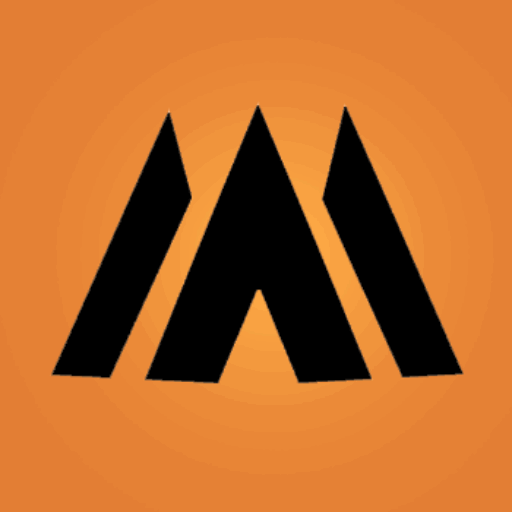On 5 August 2025, the President assented to the Nigerian Insurance Industry Reform Act 2025. The Act repeals and consolidates earlier insurance statutes and introduces new rules on capital, conduct, compulsory covers, and consumer protection.
Key changes at a glance
Capital and solvency
- Dual capital test: the higher of fixed minimums or risk-based capital applies. Statutory minimums are ₦15bn for non-life, ₦10bn for life, and ₦35bn for reinsurance. Existing insurers have 12 months to comply and must maintain at least a 100% capital adequacy ratio.
- Statutory deposits: new applicants deposit 50% of paid-up capital with CBN, with 80% refundable within 60 days of registration. Existing companies deposit 10% of the minimum capital. Deposits are invested by CBN and are immune to garnishee orders.
Licensing by specialism
- Primary insurers will operate either life or non-life. Existing composite insurers have five years to restructure. Reinsurers may be licensed for both life and non-life. Cross-ownership between life and non-life entities is allowed.
Products and policy documents
- New products still require prior NAICOM approval. The 30-day response window may be adjusted by the Service Charter. If NAICOM does not communicate within the specified period, the product is deemed approved. Breach attracts ₦500,000 per day.
- Policy documents must be delivered on or before the policy start date. Failure attracts a penalty of up to 5% of premium and the insurer cannot rely on terms, conditions, or warranties to deny a claim if it failed to deliver before loss, except where the loss occurs within the permitted delivery period. Electronic delivery requires proof of actual receipt.
Claims handling
- All admitted claims must be paid within 60 days of notification. For special risks, admit or deny within 60 days, then settle within 60 days of discharge. Late payment attracts monthly compound interest at the prevailing bank rate, in addition to fines. Disputes go to the Federal High Court or the insurance tribunal.
Intermediaries and KYC
- Agents may no longer collect premium. Premiums are paid directly to the insurer. Breach attracts up to 5% of the premium involved, plus ₦100,000 per day while the breach continues, and a 12-month disqualification. Insurers must keep a register of agents.
- Proposal forms: the burden remains on the insurer to ask material questions. Disclosures to an agent are deemed disclosures to the insurer. Individuals must provide BVN and NIN; corporates must provide CAC documents.
Compulsory insurance
- Buildings under construction: now applies from “more than one floor” and must be placed immediately after plan approval. Penalty rises to ₦5,000,000 or up to 12 months’ imprisonment, or both. Public buildings remain compulsory with an updated definition. A Fire Services Maintenance Fund receives 0.25% of net premium received on direct policies, with penalties for default.
- Health sector professional indemnity, aviation sector covers, petroleum and gas facilities and products in transit, insurance for containers moved from Nigerian ports, and insurance of Federal Government assets and employees are expressly required.
- Motor third-party insurance: updated benefits include medical expenses caps, ₦3,000,000 for third-party property damage, and compensation for public property damage. Every fare-paying passenger must now be insured, with minimum compensation of ₦2,000,000 for death or total permanent disability.
Consumer protection funds
- Road Accident Victims Compensation Fund: funded by 0.5% of underwriting profit on motor. Penalties for non-payment are five times the amount due.
- Insurance Policyholders Protection Fund: funded by 0.25% of gross premium income of each insurer and reinsurer, plus 0.25% of the balance in the repealed Security and Insurance Development Fund. Managed by an appointed fund manager and overseen by a committee.
ECOWAS Brown Card
- Every motor policy issued in Nigeria now automatically carries the Brown Card for cross-border third-party risks within ECOWAS.
Foreign placement and reinsurers
- Local capacity must be fully used before insuring or reinsuring abroad and this is subject to prior approval. Nigerian firms are prohibited from dealing with foreign insurers that lack a physical presence in their home country or are not part of a group under effective consolidated supervision. International health insurance providers require NAICOM approval before transacting Nigerian risks. Penalties include at least the total premium involved.
Wayforward
Insurers
- Build a capital plan that meets the higher of the fixed minimums or RBC and put the CBN deposit mechanics in place. Track a 12-month compliance runway.
- Restructure composite operations within five years and refresh licences accordingly.
- Stand up a product-approval tracker and launch only after written approval or the deemed-approval window has clearly elapsed.
- Deliver policy documents at or before inception and retain proof of actual receipt for electronic delivery.
- Re-engineer claims SOPs to meet the 60-day clocks and calculate interest exposure for slippage.
Intermediaries
- Stop handling premium funds, update agency agreements and training, and confirm indemnity limits of at least ₦100,000,000 or 50% of prior-year brokerage income, whichever is greater.
Corporate policyholders and employers
- Confirm compulsory covers for premises and works, check motor schedules against the updated third-party limits, and verify group life policies at a minimum of three times Annual Total Emolument, with PIN issuance to each member within two weeks. Note the employer’s direct liability if cover is missing.
Disclaimer: This publication is for general information only and does not constitute legal advice. For guidance tailored to your circumstances, please contact us.







Add your first comment to this post